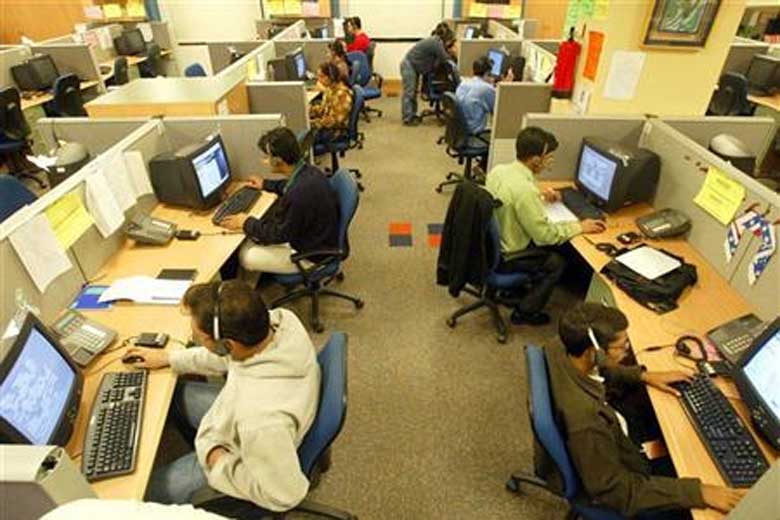Making RCEP work

The Hindu | 12 July 2016
Making RCEP work
In a major shift of tack, India may reconsider its offer of zero tariffs in its talks with members of the China-led mega trade bloc in the making, the Regional Comprehensive Economic Partnership (RCEP). India had earlier put out a three-tier tariff deal for RCEP countries: zero duty on over 80 per cent of its tariff lines in the case of the Asean countries, a similar offer for about 65 per cent tariff lines in the case of Japan and Korea with whom it has FTAs, and about 42 per cent zero tariff lines for non-FTA countries, namely, China, Australia and New Zealand. The latest move to withdraw the zero duty offer seems to have been prompted by a troubling disconnect between the ‘Make in India’ programme and an increasingly liberalised, post-FTA import regime. What’s worse, India’s experience with respect to both Asean and Chinese imports has not exactly been positive. Both, the commerce ministry and the Economic Survey 2015-16 have expressed their reservations on the impact of FTAs with Asean. The Survey observes: “Increased trade has been more on the import than export side, most likely because India maintains relatively higher tariffs and hence had larger tariff reductions than its FTA partners.” Generally speaking, plantations and fisheries lost, while pharma, textiles and apparel gained. Going forward at RCEP, the key for India is to avoid repeating the mistakes of the FTA talks. It would have to strike a fine balance between opening up the economy and ensuring that industries and livelihoods are not disrupted in the bargain. Whether the proposed move to withdraw the zero duty offer stalls progress at the talks or not depends on how India goes ahead with its market access proposals.
Unlike in the FTA talks, India has decided not to unbundle goods and services at RCEP. It seems that the idea is to use services as a bargaining chip to secure market access in other areas. Hence, India is keen on securing free movement of IT professionals, while putting a price on opening its e-commerce, education, accountancy, law and financial services sectors.
India should have a well thought-out plan at RCEP, and yet not be obdurate about it. It makes more sense for India to go along with RCEP than the US-led Trans-Pacific Partnership (TPP). This is because the latter is based on a ‘WTO-plus’ agenda which includes labour and environment standards, an IPR template that could hurt domestic producers and consumers, and liberalisation of farm markets. RCEP, with its share of LDCs and emerging economies, is likely to stick to the Doha Round template on IPR and agriculture. India needs to be clear on industries that require protection and those that need markets to realise their competitive potential. There is scope for opening up services such as law, accountancy, entertainment, higher education and e-commerce. We have a great market to offer the world. The skill lies in doing so on our terms, and to our advantage.





